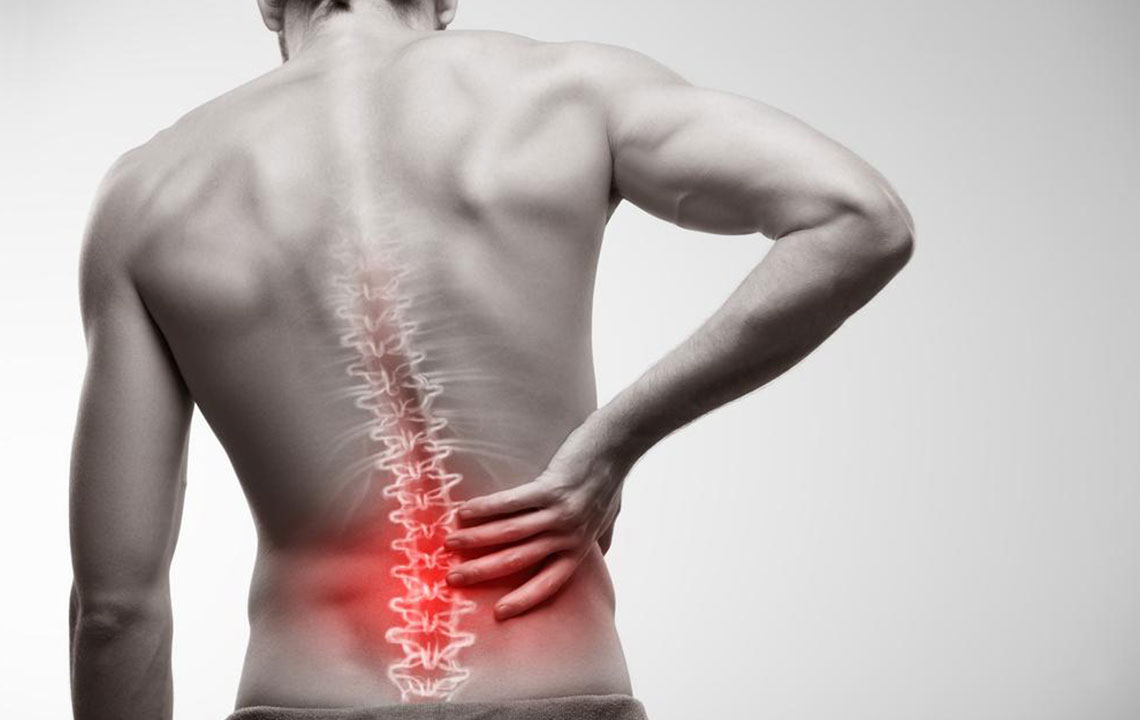Comprehensive Guide to Specialized Rehabilitation Facilities and Their Critical Roles
Discover the diverse world of specialized rehabilitation facilities, from physical therapy centers to mental health and addiction treatment hubs. Learn how each caters to specific recovery needs with tailored therapies and programs to improve health, behavior, and societal reintegration. Whether for injury recovery, addiction support, or psychological rehabilitation, these centers are vital to holistic healing and long-term wellness.

Exploring the Various Types of Specialized Rehabilitation Centers
Rehabilitation facilities are highly specialized institutions dedicated to providing targeted treatments and therapeutic interventions for individuals facing a wide array of health conditions, physical injuries, mental health concerns, or substance dependence issues. These centers are essential components of the healthcare system, tailored to meet specific recovery and support needs through a range of specialized programs designed to improve overall well-being and functionality.
Physical Therapy and Post-Injury Recovery Centers These institutions primarily focus on restoring physical mobility, strength, and functional capabilities following injuries or surgeries. Staffed by trained physiatrists, physical therapists, occupational therapists, and speech therapists, they aim to help individuals regain independence and improve their quality of life. Treatments are often provided in both inpatient and outpatient settings, tailored to conditions such as orthopedic injuries, spinal cord damage, neurological disorders, and chronic pain syndromes. Patients receiving care here might undergo therapies like manual therapy, mobility exercises, speech-language therapy, and occupational training, all designed to facilitate recovery and reintegration into daily life.
Substance Abuse and Addiction Treatment Centers These specialized facilities provide comprehensive treatment plans for individuals struggling with alcohol, drug, or other substance dependencies. Depending on the severity of the addiction, treatment programs may range from intensive inpatient services—offering a controlled, trigger-free environment for withdrawal management and therapy—to outpatient programs that allow patients to maintain daily routines while receiving ongoing support. Treatment modalities include behavioral therapies such as cognitive-behavioral therapy (CBT), motivational interviewing, group therapy, and medication-assisted treatment, aimed at addressing both psychological and physiological aspects of addiction. The goal is to promote sustained recovery and prevent relapse.
Offender Rehabilitation and Reintegration Programs These programs are designed to support incarcerated individuals and offenders in their transition back into society. They focus on addressing the psychological, behavioral, and social factors contributing to criminal activity. Typical components include educational courses to improve literacy and knowledge, vocational training to develop employment skills, and counseling aimed at behavioral modification and emotional regulation. By equipping offenders with the necessary tools and skills, these programs aim to reduce recidivism rates and foster responsible citizenship, ultimately contributing to safer communities.
Treatment for Eating Disorders Eating disorders such as anorexia nervosa, bulimia, and binge-eating disorder require specialized attention due to their complex psychological and physiological nature. Facilities offering treatment for these conditions provide various levels of care based on severity. Severe cases often demand inpatient or residential treatment programs where patients are closely monitored, receive nutritional counseling, and participate in psychotherapy to address underlying issues. Milder cases may be managed through outpatient therapy or partial hospitalization plans that facilitate recovery while allowing patients to maintain their daily routines and social interactions. The overarching goal is to restore healthy eating behaviors and address mental health concerns simultaneously.
Mental Health Rehabilitative Services For individuals recovering from serious psychiatric conditions such as bipolar disorder, schizophrenia, or major depression, mental health rehabilitation centers are instrumental in helping them regain stability and social independence. These centers focus on comprehensive recovery programs that include social skills training, cognitive behavioral therapy, medication management, and support groups. Emphasizing a holistic approach, they help patients develop coping strategies, improve emotional regulation, and rebuild their lives post-hospitalization. Such facilities play a crucial role in reducing relapse and promoting long-term mental health stability, providing a vital support network for patients and their families.





